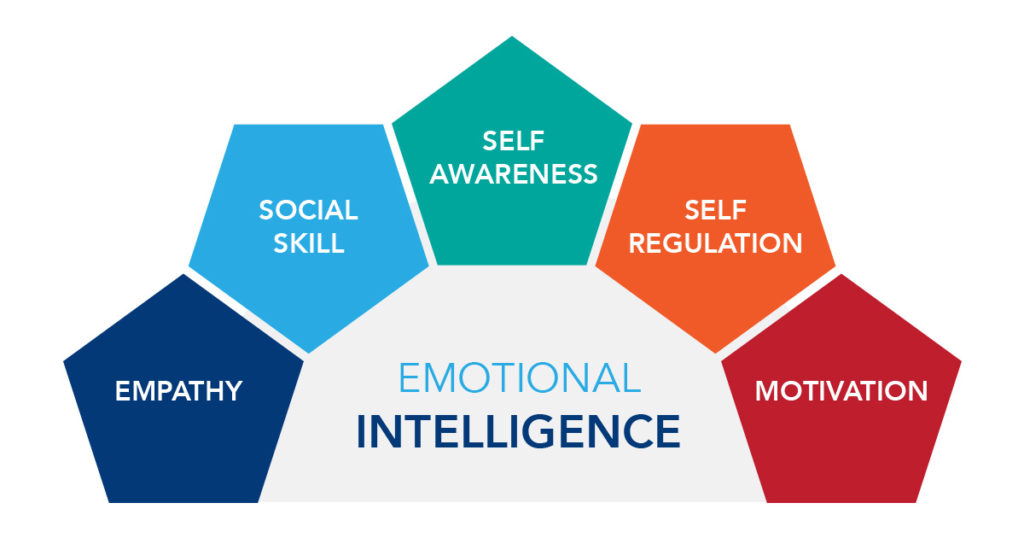I have often felt that I should be feeling more; that I should have more access to my emotions or that I’m somehow not feeling as deeply or intensely as I could. Sometimes it seems like there’s an experience that’s just out of my reach and if I could just give it more space, or try a little harder to pay attention to it, then it would come into full view. I’ve wondered: is this normal? I’ve wondered if this is just how I am, or is it due to some cultural, religious, or familial conditioning? Or maybe it has more to do with my conditioning around being a man? Regardless of where it comes from, trying to communicate what’s going on for me can be hard. Actually, just trying to identify what it is I’m feeling has been harder. Am I struggling to find the right words to encapsulate my experience or do I just not understand what I feeling in the first place?
It took me quite some time to figure out that identifying your feelings and communicating them effectively is a skill. Just like anything else, it gets better with practice. Nobody ever really explained this to me growing up! It certainly wasn’t taught in school! I feel very fortunate to have been introduced to mindfulness practices in my late teens: yoga and meditation. I have never really maintained a committed practice with either of them, but they’ve been an integral part of my life throughout and have heavily influenced my worldview and my values. I studied religion and psychology in school because I was deeply inspired by them. Over the years of practice and through the process of becoming a psychotherapist, I have been given the opportunity to challenge myself and develop this skill more. It is often a struggle. It is certainly a never-ending process, but I do notice myself getting better with practice. It took me an even longer time to figure out what this process was: the development of emotional intelligence.
What is emotional intelligence (EQ)?

Generally speaking, EQ has a few components: self-awareness, self-regulation, social skills, empathy and motivation. Self-regulation and self-awareness are categorized as intra-personal, meaning that they involve how you relate to yourself. Social skills, empathy, and motivation are interpersonal, meaning they involve how you interact with other humans.
Similar to Maslow’s hierarchy of needs, emotional intelligence has a similar development arc.
If you’re unable to identify and feel your own feelings, you’ll simply be unable to communicate them at all, let alone effectively.
Your ability to relate to other humans will be drastically reduced or have limitations on how deep you’ll be able to relate and share. Put another way, if your intrapersonal emotional life is struggling, that will carry into your interpersonal dynamics. This is the key theme of emotional intelligence that I’m talking about: the capability to identify and communicate the experience of yourself and your life.
In romantic partnerships, this can be especially difficult to work through. How can you navigate your conflicts well if you struggle with even knowing how you feel in the first place? If you don’t know what you feel, your partner won’t be able to either because you cannot tell them. The best they can do is guess what it is you are feeling, which as we all know, rarely goes well.

So how do we build this skill? How do we practice this? How do we build up our emotional intelligence? Mindfulness practice is a great place to start and can include an extremely wide range of practices. But regardless of how we engage with mindfulness, we are building our skill of feeling more deeply into our own internal experience. By simply being with ourselves in stillness, we can begin to notice what is actually happening without taking the natural and tempting impulse to do something about our experience. We are building a capacity to let our habits and patterns rest and subside, allowing for deeper aspects of our experience to come into conscious awareness. We can sense more subtle and nuanced layers of ourselves. With just bringing more attention, we can hone our skills of being able to feel, identify and then communicate our internal experience.
Intimate relationships are a wonderful tool for developing emotional intelligence. They invite us to continuously grow, expand and transform as individuals. They give us a training ground to practice this skill in a safe and loving context.
This post is part one of a series of posts designed to show that increasing our emotional intelligence and our emotional capacity is an enormous building block to deeper, more empowered, creative, loving and fulfilling relationships. Most importantly, a deeper relationship to ourselves. That’s where we start: with ourselves. That is where we have the most power so that is where we must continuously bring our focus. Then, and only then, can we increase our capability to be with others more intimately. I will continue to expand and go into detail in the next few blogs. Some common themes will be:
- Adaptability
- Empathy
- Conflict Management
- Healthy Assertiveness
- Building Personal AND Interpersonal Responsibility
- Fear of Impact and Radical Honesty
- Self-soothing, Self-regulation and Stress Management
- Narrative Therapy
Stay tuned!

